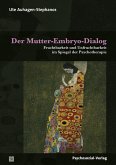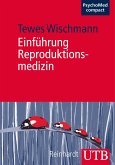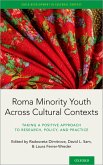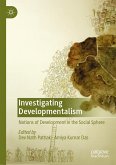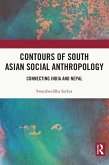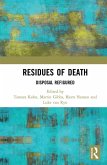Openness about sperm and egg donation and the regulation of donor anonymity or non-anonymity are new phenomena. How do affected families, clinics, and regulators deal with information about gamete donors and the donation itself? And how does this knowledge management contribute to the creation and enactment of kinship? Addressing these questions in Germany and Britain, this ethnography makes a comparative contribution to the empirical and theoretical analysis of kin-formation and social change. Maren Klotz reveals a contemporary renegotiation of the values of privacy, information-sharing, and connectedness as they relate to the social, clinical, and regulatory management of kinship information. Transparency, not genetics, is the moral imperative, and instead of an unambiguously discernible "geneticization," her findings on donor non-anonymity and parental openness display a pattern of "transparentization." This pattern represents a shift in authority over kinship away from the sometimes highhanded reproductive medical profession towards concerned groups, parents-by-donation, and policymakers. Bekommt ein Paar ein Kind mithilfe von gespendeten Ei- und Samenzellen, stellt sich die Frage, wie diese Familie mit dem Wissen um die Spende im Alltag umgeht. Maren Klotz untersucht, wie Verwandtschaft vor diesem Hintergrund konstruiert wird. Sie zeichnet ein Bild von Familiengründung im 21. Jahrhundert, das weniger von einer Relevanz genetischen Wissens geprägt ist, als vielmehr von Transparenz und Informationsfreiheit als neuem moralischem Gebot. Ausgezeichnet mit dem Humboldt-Preis 2013 der Humboldt-Universität zu Berlin.
Dieser Download kann aus rechtlichen Gründen nur mit Rechnungsadresse in A, B, BG, CY, CZ, D, DK, EW, E, FIN, F, GR, HR, H, IRL, I, LT, L, LR, M, NL, PL, P, R, S, SLO, SK ausgeliefert werden.



